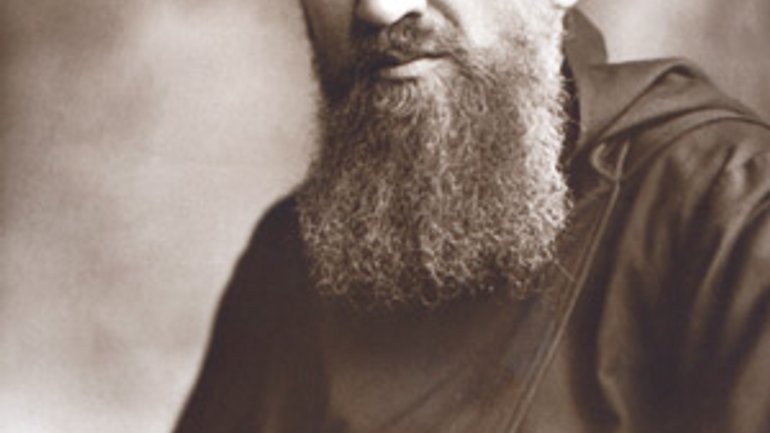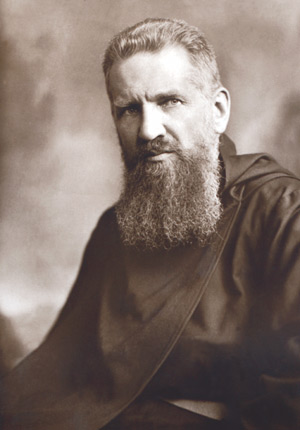Andrey (Sheptytsky)

 Metropolitan Andrey (Sheptytsky) (1901-44). During his 44-year tenure, he guided the Church and Ukrainian society through two world wars and seven changes of regime: Austrian, Russian,Ukrainian, Polish, Soviet, Nazi and Soviet. He was born in Prylbychi, near Lviv, on 22 July 1865 to an ancient aristocratic Ukrainian family which in the nineteenth century had become polonized, Latin Catholic and French speaking. Despite the strong opposition of his father, he returned to his roots to serve what was regarded as the peasant Ukrainian Greek Catholic Church as a monk of the Basilian Order.
Metropolitan Andrey (Sheptytsky) (1901-44). During his 44-year tenure, he guided the Church and Ukrainian society through two world wars and seven changes of regime: Austrian, Russian,Ukrainian, Polish, Soviet, Nazi and Soviet. He was born in Prylbychi, near Lviv, on 22 July 1865 to an ancient aristocratic Ukrainian family which in the nineteenth century had become polonized, Latin Catholic and French speaking. Despite the strong opposition of his father, he returned to his roots to serve what was regarded as the peasant Ukrainian Greek Catholic Church as a monk of the Basilian Order.
Blessed with extraordinary spiritual charisms, at the age of thirty-six Sheptytsky became head of the Ukrainian Greek Catholic Church. He worked tirelessly for reconciliation between ethnic groups and left a rich legacy of writings on social issues and spirituality. He developed modern methods of ministry, founded the Studite and Ukrainian Redemptorist orders, other religious communities, a hospital, the national Museum, the Theological Academy and sponsored various religious, cultural and educational institutions.
Sheptytsky was a patron of artists, students, including many Orthodox Christians, and a pioneer of ecumenism. He learned Hebrew so that he could speak with Jews. During pastoral visits to towns he was met by Jewish communities with the Torah. He harbored hundreds of Jews in his residence and in Greek Catholic monasteries during the Nazi occupation. He issued the pastoral letter, "Thou Shalt Not Kill," a bold outcry against Nazi atrocities. He died on 1 November 1944 and the process for his beatification is well advanced.









